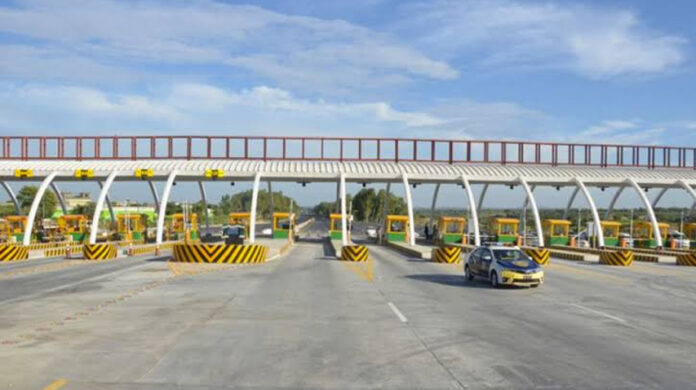The Public Accounts Committee (PAC) sub-committee expressed concerns over the repeated increases in toll tax in recent months, calling attention to the rising financial burden on motorists.
Chairing the meeting, Shahida Begum, convener of the sub-committee, reviewed audit objections raised by the Ministry of Communications. The committee questioned the rationale behind the continuous toll tax hikes and the lack of clarity on who is responsible for these increases, highlighting the disproportionate impact on lower-income individuals.
Secretary of Communications responded by stating that the National Highway Authority (NHA) has the authority to increase toll rates through its board after a certain period.
Last month, the NHA introduced a new toll structure for Pakistan’s motorways, effective from June 15, 2025. This includes a 50% surcharge on all vehicles that do not use M-Tags or maintain an insufficient balance.
According to the revised policy, vehicles that do not have an active M-Tag or have low balances will face a 50% increase in toll charges. The adjustment, authorized under Section 10(2)(vii) of the NHA Act (1991), is aimed at promoting the use of M-Tags, which will streamline toll collection and reduce congestion on motorways.
The new toll rates for major motorway sections, including the surcharge for non-compliant vehicles, are as follows: the M-2 (Lahore – Islamabad) route will charge Rs. 1,800 for cars, M-3 (Lahore – Abdul Hakeem) Rs. 1,200, M-4 (Pindi Bhattian – Multan) Rs. 1,600, M-5 (Multan – Sukkur) Rs. 1,800, M-14 (D.I. Khan – Hakla) Rs. 1,000, and E-35 (Hasan Abdal – Mansehra Expressway) Rs. 450 for cars.
Commercial vehicles will also face higher tolls if they are not M-Tag compliant. For instance, trucks on the Lahore-Islamabad (M-2) route will incur Rs. 7,900 for 2 & 3 axle trucks and Rs. 10,200 for articulated trucks.
This revised toll structure is part of the NHA’s ongoing effort to modernize the toll collection system and encourage M-Tag use among commuters.




